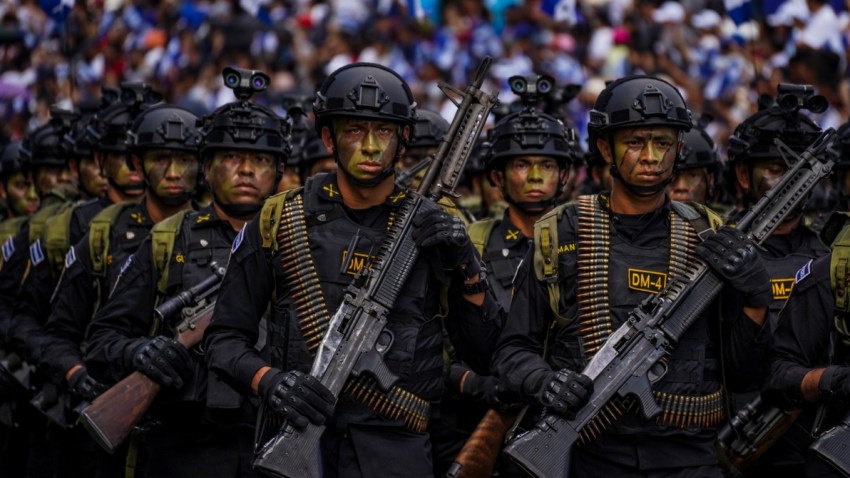Almost four years ago, at an outdoor cafe in Paris, a Salvadoran friend who had come of age during El Salvador’s civil war described to me the hope she felt after the inauguration of the country’s new president earlier that day. Brash and iconoclastic, the 37-year-old Nayib Bukele represented a generational break with the established political parties that had emerged from the civil war and dominated El Salvador’s politics ever since. Both the left-wing FMLN and the right-wing ARENA parties had a vested interest in maintaining impunity for El Salvador’s rampant corruption, but also for the crimes committed—mainly by the Salvadoran military—during the war.
In contrast, though he had only recently been expelled from the FMLN—under whose banner he had served as San Salvador’s mayor—Bukele had won the presidency as a dark-horse independent candidate willing to criticize the political establishment in ways that resonated with most Salvadorans. He promised to crack down on corruption. And in his first act as president, announced via Twitter, he ordered the removal of a plaque at a military barracks honoring the officer responsible for the infamous massacre in El Mozote, where in December 1981 the Salvadoran army killed almost a thousand people, including more than 500 children, with many of the victims raped and tortured as well.
For my friend and other hopeful observers, Bukele’s gesture suggested the start of a new era for El Salvador, one that would be characterized by accountability for the country’s military and security forces, and the defense of human rights and civil liberties.

